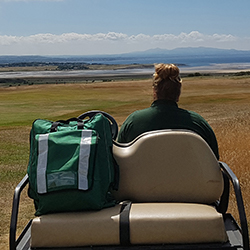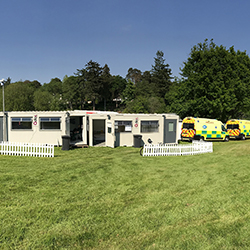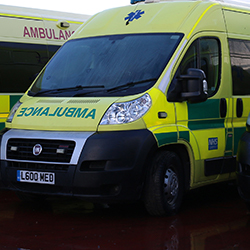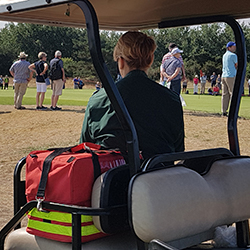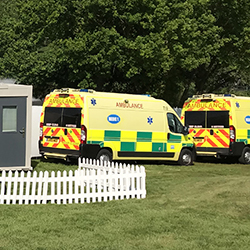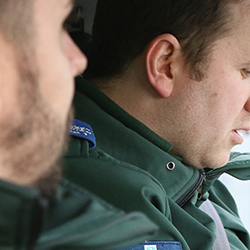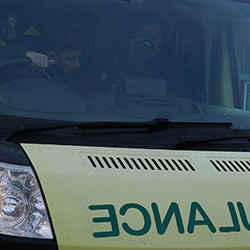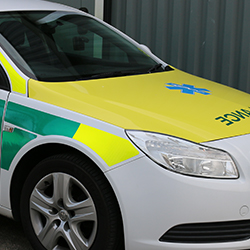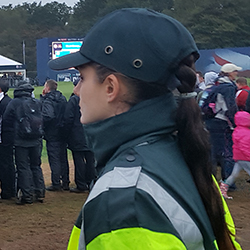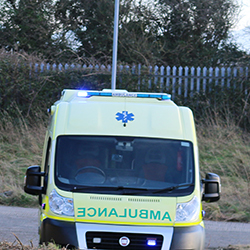Crewed Paramedic & EMT Ambulance
Introduction to Crewed Paramedic & EMT Ambulance
Paramedic & Emergency Medical Technician Ambulances are known as Frontline Ambulances. They will work out of ambulances that are equipped to deal with emergencies in the prehospital environment. The Paramedic is the lead clinician, having studied paramedic science at university or equivalent and will assess and treat patients as is appropriate. They have an extended skill set and knowledge and may carry out invasive treatments such as giving both intravenous (IV) and intraosseous (into the bone marrow) medications. They have an extensive drugs kit, enabling them to manage a range of life-threatening emergency patient conditions. Working with an Emergency Medical Technician means that this unit is well placed to look after patients who are critically ill.
Drawing upon these units combined skills, they will recognise the need for additional resources, such as the air ambulance etc, and can actively request them. This unit can transfer patients on blue lights if appropriate.
The resource that you require will be based on the risk assessment of your event. This will be fully discussed with you. The need to have a frontline ambulance in attendance at events will clearly be identified during the risk assessment process.
What skills do they have?
This unit has a strong skill base. The Paramedic skill provides more complex diagnosis and treatment options, while the Emergency Medical Technician is able to provide highly skilled support to paramedic, such as while performing invasive techniques. Emergency Medical Technicians are able to manage a broad range of patient emergencies.
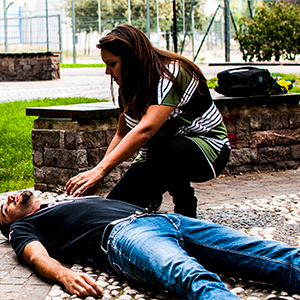
Patient Assessment
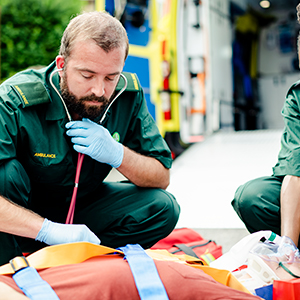
Advanced Life Support
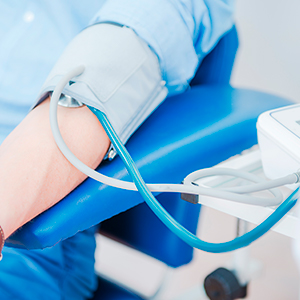
Observations

12 Lead ECG
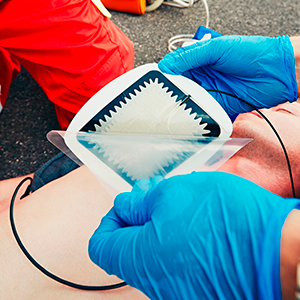
Defibrillation
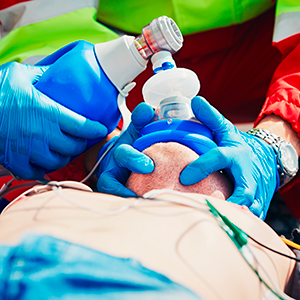
Airway management

Administration of medications
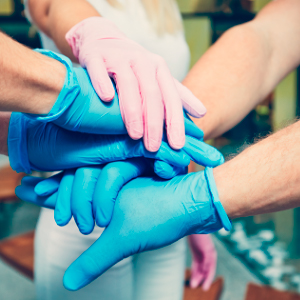
Infection control
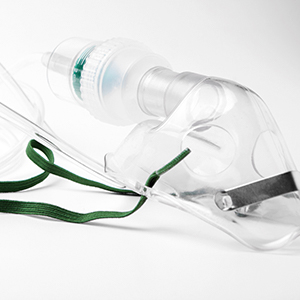
Medical Gases
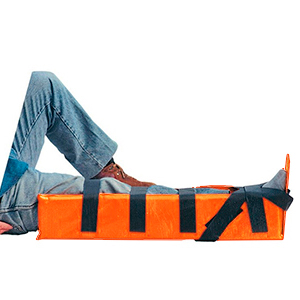
Splinting
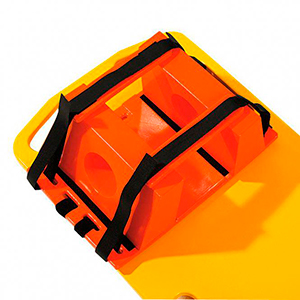
Spinal immobilisation

Advanced clinical decision making
How can the unit work for you?
Frontline ambulances will be required at events that have been identified as having high or multiple risk factors. Examples of this could be at equestrian or motorsports events, where the potential for serious injury is present. Music festivals have risks such as alcohol or recreational substances that may require additional skilled medical interventions and medications to assist patients.
Some events may demonstrate the need for a frontline unit, while not requiring a large medical team. In the case, the frontline unit may be the only unit in attendance.
At events where there are multiple risks or a large number of people, a frontline ambulance is a necessary addition to the multidisciplinary team. The crew can provide additional support for Advanced First Aiders and other team members, by reassessing casualties and giving further treatment options. This may then mean that casualties do not need to go to the hospital but can be monitored and treated in the Medic 1 Event Medical Centre.
Treating your event visitors or crew on site is beneficial in a number of ways; it is obviously more convenient for them and may enable them to return to the event once they recover. It does not impact on local NHS resource. Emergency resilience officers/teams will appreciate this from event organisers. It is also stated in the event guides that all events should provide appropriate levels of medical provision.
If required they can manage a critically ill patient, while they transfer them to the hospital.
Other units
Alternatively you can contact us at contact@medic1.co.uk or fill in the contact form.
Contact Us

